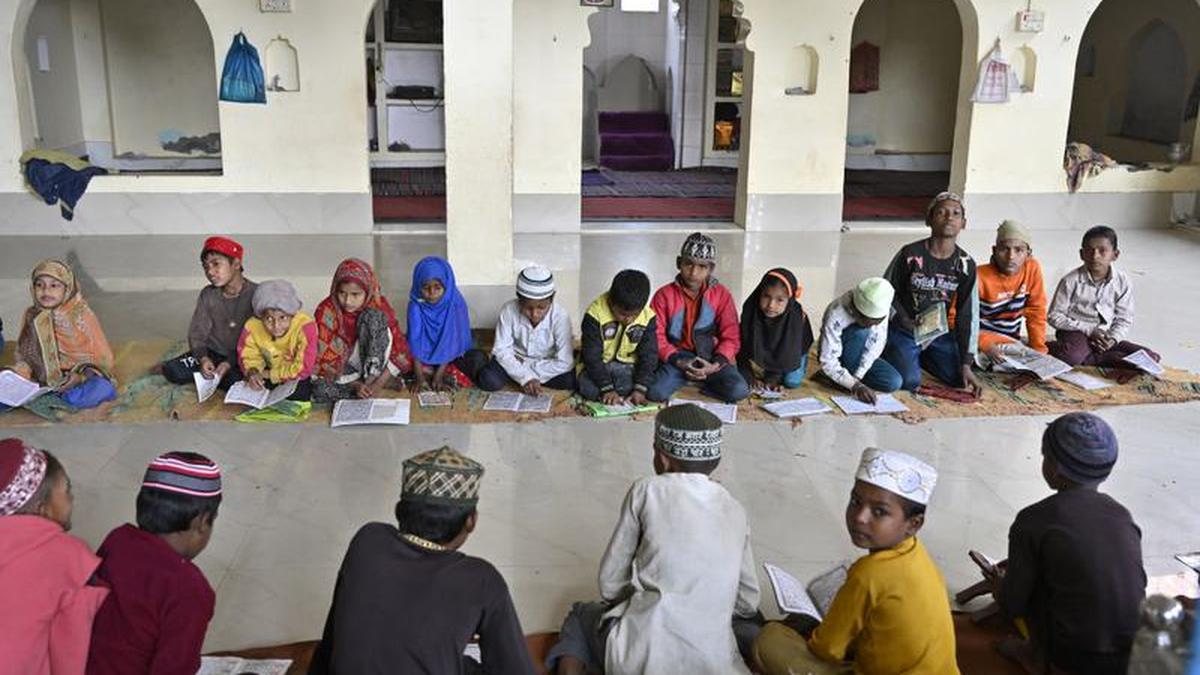 |
|
The Supreme Court of India has upheld the constitutional validity of the Uttar Pradesh Board of Madarsa Education Act, 2004, except for its provisions allowing the Board to award higher degrees. This landmark decision, delivered on November 5, 2024, has sparked debate and generated significant interest in understanding the nuances of madrasa education and its legal framework within India.
The Act was initially challenged by a petitioner, Mohammed Javed, who contested his salary and the process of appointing teachers in madrasas. A single judge of the Allahabad High Court, while hearing the case, raised concerns about the validity of the Act, questioning whether a board solely composed of members from the Muslim community could be deemed secular. This sparked a larger debate, culminating in a Public Interest Litigation (PIL) filed by lawyer Anshuman Singh Rathore, which challenged the Act on the grounds of violating the principles of secularism and infringing on fundamental rights enshrined in the Indian Constitution.
The Allahabad High Court, in its judgment, struck down the 2004 Act, declaring it unconstitutional due to its alleged violation of secularism. The court pointed out that the curriculum taught in madrasas lacked quality and universality, with a mandatory focus on Islamic studies while neglecting essential modern subjects. The court further argued that the State lacked the authority to establish a separate board for religious education and that the Act discriminated against students by perpetuating a system of religious-based education. This decision was met with strong criticism from the National Commission for Protection of Child Rights (NCPCR), which argued that madrasas were unsuitable for providing proper education and called for their closure.
However, the Supreme Court, in its final ruling, overturned the High Court's decision, dismissing the claim that the 2004 Act violated secularism. The court clarified that a legislation cannot be invalidated on the grounds of violating 'undefined concepts' like secularism without being explicitly connected to a specific constitutional provision. While recognizing the importance of protecting the rights of minority communities to establish and manage their educational institutions, the court emphasized that such institutions must also adhere to the principle of secularism and provide quality education. To ensure compliance with Article 21A (right to education), the court stipulated that madrasas must offer secular education of a high standard without compromising their minority character. However, it also clarified that students enrolled in minority institutions cannot be forced to participate in religious instruction or worship.
The court’s decision to uphold the 2004 Act, albeit with modifications, highlights the complex interplay between religious freedom, educational rights, and the principle of secularism within India’s legal framework. It underscores the need to strike a balance between safeguarding minority communities’ right to establish and manage their educational institutions while ensuring that such institutions provide quality secular education that meets the standards set forth by the Constitution. The court's decision has undoubtedly opened a new chapter in the ongoing discourse surrounding the role of madrasas in India's educational landscape and will continue to fuel discussions about the best way to achieve inclusive and equitable education for all children.
Source: Why was the validity of Uttar Pradesh madrasa law upheld by the Supreme Court? | Explained
